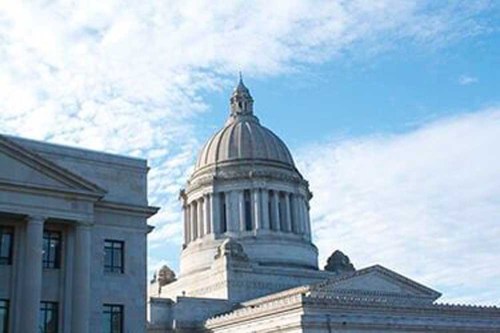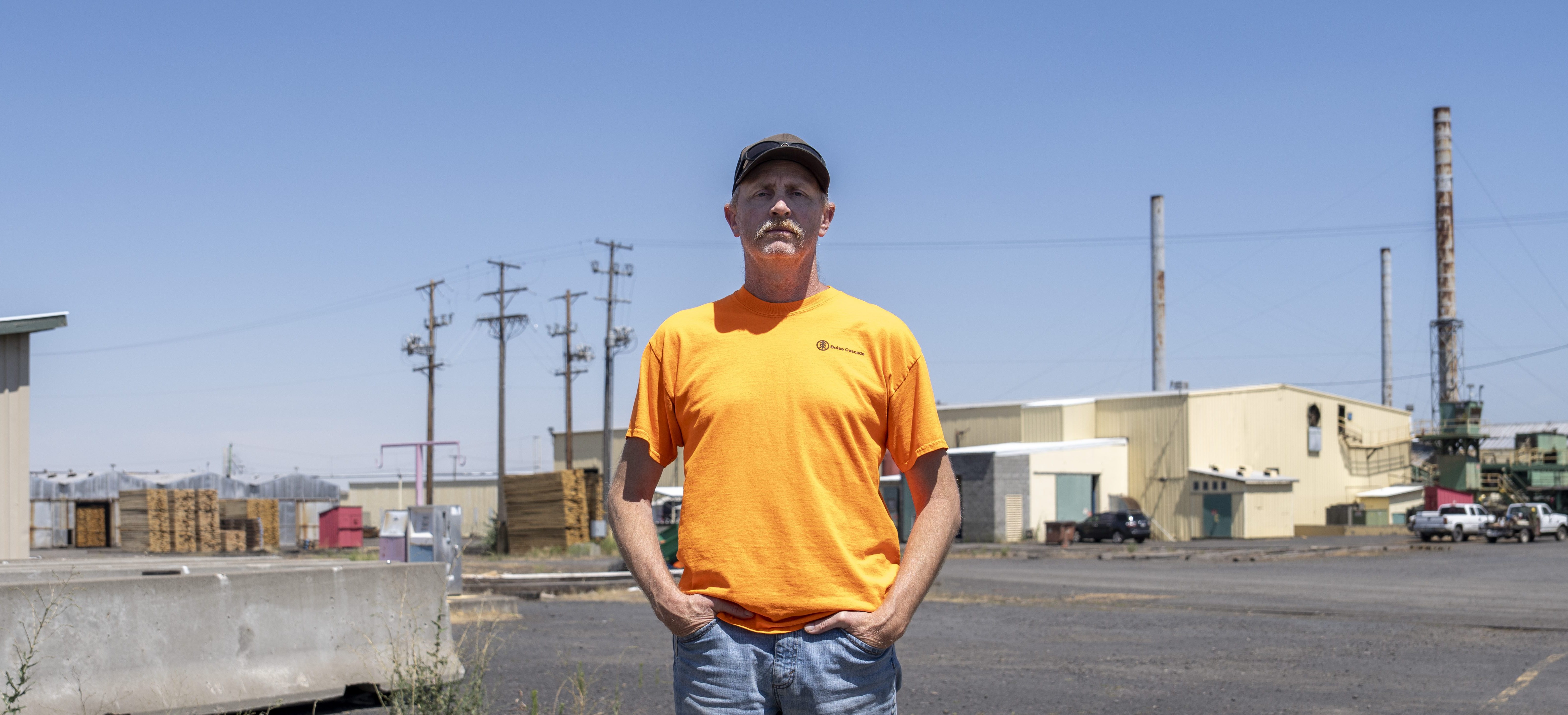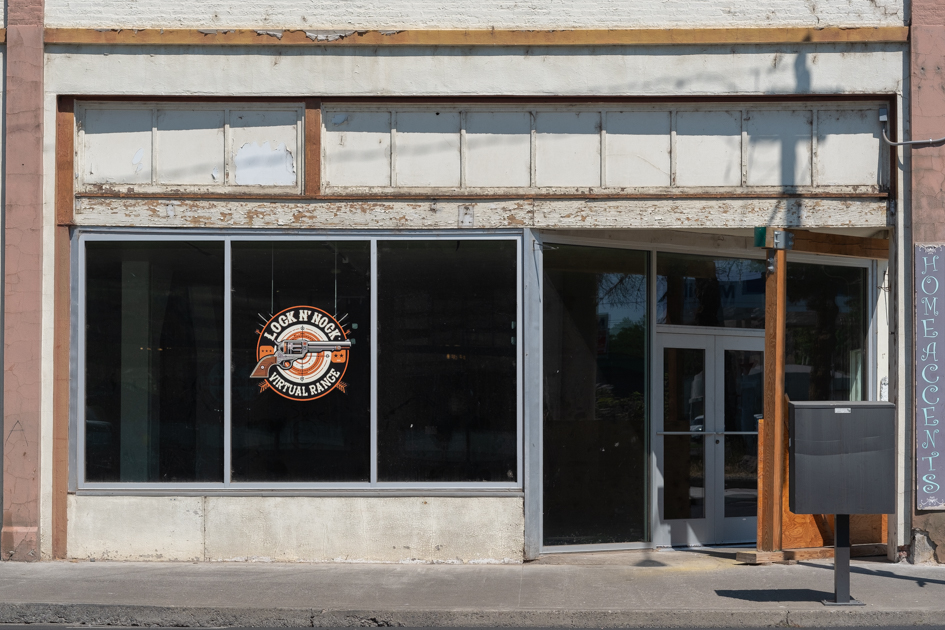Food, timber groups oppose banning foreign ownership of Washington ag land
Published 2:30 pm Wednesday, February 15, 2023

- Washington State Capitol
OLYMPIA — Banning foreign investors from buying farmland and timberland in Washington didn’t have any vocal support Tuesday at a House Civil Rights and Judiciary Committee hearing, except from the freshman Democrat who proposed it.
Rep. Clyde Shavers of Oak Harbor was the only person who testified in favor of House Bill 1412, which would prohibit foreign governments or businesses from acquiring Washington agricultural land.
Trending
The Washington Forest Protection Association, which represents timber companies, and Food Northwest, which represents food processors, testified against the bill.
The timber and food-processor industries have extensive foreign ties. Some Washington food processors have headquarters overseas, Food Northwest lobbyist Diana Carlen said.
The bill would handicap in-state food processors from expanding and could cause trade tensions, she said.
“Denying foreign ownership in Washington could antagonize buyers and governments in our partner nations and result in retaliation through tariffs, market restrictions or similar prohibitions of ownership,” Carlen said.
Foreign investors own 1.5 million acres of agricultural land in Washington, ranking sixth among the 50 states, according to the USDA’s Farm Services Agency.
By percentage of agricultural land, Washington ranks third, with foreign investors owning 7.2%.
Trending
Investors from Canada, the Netherlands, United Kingdom, Germany and Italy own about three-quarters of the foreign-owned agricultural land in Washington.
No groups representing farmers or ranchers spoke in favor of Shavers’ bill. The Washington Potato and Onion Association and Northwest Agricultural Cooperative Council signed in against the bill, but neither testified.
Shavers said foreign ownership of farmland could affect the environment and water supplies of other farmers.
“Buying and investing (in) water-rights leaves a pathway for foreign entities to gradually deplete local water supplies from our local farmers,” he said.
It was unclear how a farmer’s nationality would change environmental or water laws. Efforts to contact Shavers for clarification were not successful.
HB 1412 calls for the state Department of Agriculture to review and approve every sale of cropland, pasture and timberland.
The only exception would be for agricultural land less than 10 acres that generates less than $1,000 in revenue.
The buyer would have the “burden of proving it is not prohibited from purchasing agricultural land,” according to the bill.
The agriculture department reported to lawmakers that it has no way to know how many transactions it would have to review and, if necessary, defend in court.
The department said it would cost money, but there’s no way to know how much.
The department’s legislative liaison, Kelly McLain, said reviews could delay legitimate transactions and hurt landowners.
Some 14 states have restrictions on foreign ownership of agricultural land, according to the Congressional Research Service.
California legislators passed a bill last year prohibiting foreign ownership. Gov. Gavin Newsome vetoed the bill, stating it would impose “arduous responsibilities” on the California Department of Food and Agriculture.
Foreign investors owned about 40 million acres, or 3.1% of all privately owned U.S. agricultural land in 2021, according to USDA.
Canadian investors owned 31% of the foreign total, mostly forestland. Chinese investors owned 0.9%, trailing investors from at least 14 other countries.
U.S. Rep. Dan Newhouse, R-Wash., introduced a bill in January to ban anyone associated with China’s government from buying agricultural land in the U.S.









